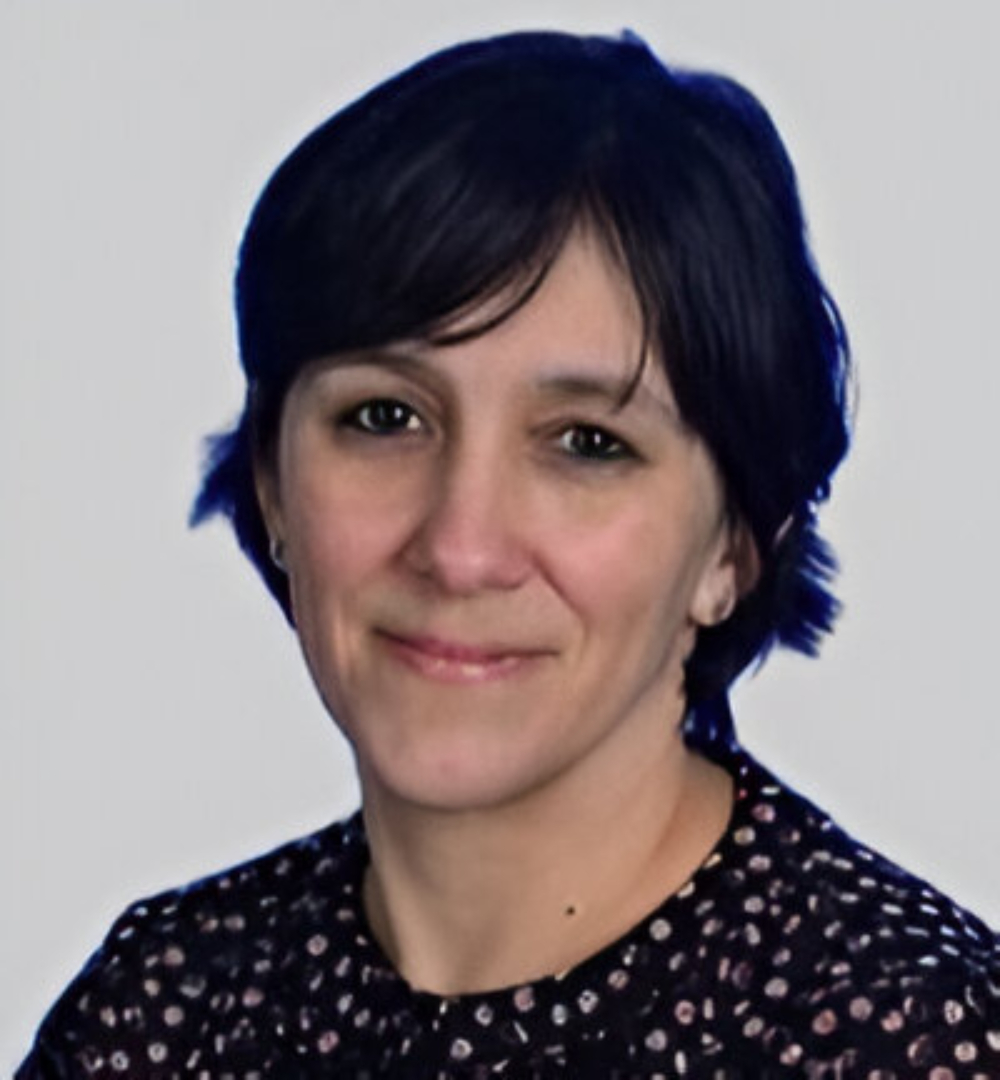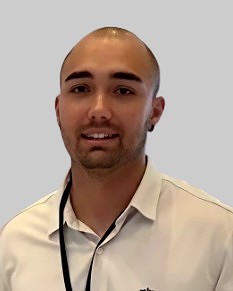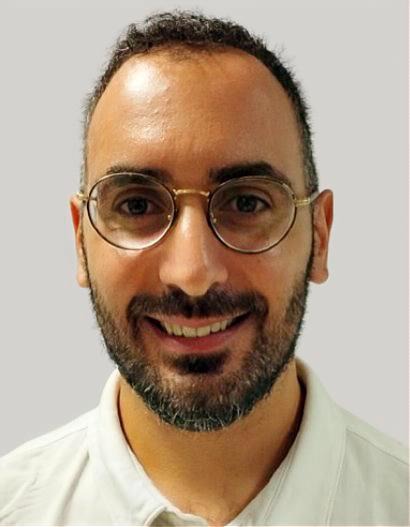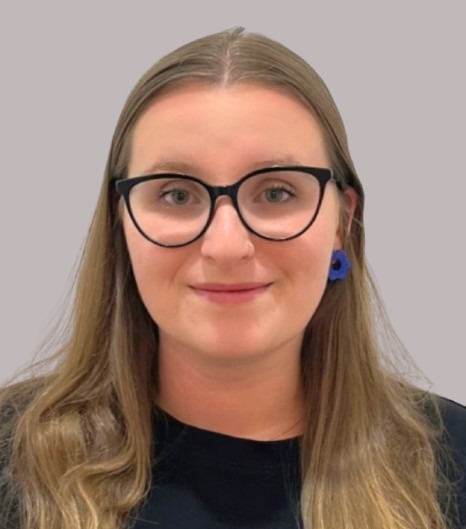

Ana M. Pizarro completed a PhD in Chemistry at the Universidad Autónoma de Madrid in 2004 under the supervision of Prof. C. Navarro-Ranninger, working on trans-platinum cytotoxic compounds.
She was awarded a Marie Curie Fellowship (EIF) to work in the laboratory of Prof. P. J. Sadler FRS at the University of Edinburgh (UK) on new organometallic ruthenium-based organometallics. She then moved to the University of Warwick (UK) where she focused on how selected metallodrugs (based on ruthenium, osmium and iridium) exert their anticancer effects in tumour cells. In January 2014 she was awarded a Ramón y Cajal Fellowship and joined IMDEA Nanociencia as an Assistant Professor. Her main interest lies in exploiting the extraordinary features of transition metal complexes inside the human cell to modulate its machinery at the molecular level in the nano-space.
Additionally, Dr. Pizarro coordinates the Cell Culture Unit and Microbiology at IMDEA Nanociencia. She is one of the ten guarantors of the Severo Ochoa centre of Excellence award at IMDEA Nanociencia. She got tenure in April 2019.

Arturo Villechenous Rojo studied his bachelor's in chemistry at Universidad Complutense de Madrid (Spain) in 2018. He went to the Universidad de Santiago de Compostela to carry out his Master studies on Organic Chemistry at the group of Prof. M. Eugenio Vázquez at CiQUS, working on the field of biological chemistry.
He completed his PhD in the field of organometallic chemistry at IMDEA Nanociencia in December 2024. His doctoral research focused on rhodium and iridium organometallic complexes for cancer research, particularly on developing strategies to monitor the activation and deactivation of switchable organometallic compounds inside human cells. He is currently a postdoctoral researcher at the McDonald group at Trinity College Dublin.

Alejandro Martín Hoyas studied his Bachelor’s degree in Chemistry at Universidad Complutense de Madrid (Spain). In 2022 he obtained his MSc degree in the field of nanoscience and nanomaterials in the same university. He carried out his Master’s project in the group of Prof. Reyes Jiménez-Aparicio working in the field of organometallic chemistry, specifically with metal-metal bonded of Ru, Rh and lanthanide complexes.
Currently, he is carrying out a PhD at IMDEA Nanociencia in the field of bioinorganic and organometallic chemistry under the tutelage of Dr. Ana Pizarro. Alejandro’s research is focused on the synthesis of novel organometallic tethered rhenium complexes with anticancer activity.

Dr. Vanessa Rodríguez Fanjul graduated in Biochemistry from Universidad Autónoma de Madrid (Spain) in 2004. She obtained a PhD in Biochemistry, Molecular Biology and Biomedicine from the same University in 2011 developing her work at the Spanish Research Council (CSIC). She investigated the role of MKP1 protein on carcinogenesis and on the response to carboplatin (CBDCA) of lung and skin cancer by using both, cellular and animal models.
In 2013 she joined IMDEA Nanociencia as a Postdoctoral fellow where she studied the cytotoxicity, uptake and distribution mechanisms of magnetic nanoparticles in various cell lines and cancer stem cells from human glioblastoma multiforme (GBM).
Currently, she is a post-doctoral researcher in the Laboratory of Metallodrugs at IMDEA Nanociencia, studying the cytotoxic effect and molecular targets (including the mechanism of action) of different metal complexes of Ru, Rh, Os, Ir, Pt and Au.

Catarina Leis obtained a title as Pathological Anatomy and Cytodiagnosis at the Universidade de Santiago de Compostela (USC) in 2018, carrying out the practical work at the Instituto de Investigación Sanitaria de Santiago de Compostela (IDIS) under the supervision of Dr. María Brión at the Department of Genetic Diagnosis of Hereditary Micro-cardiopathies.
Currently, she provides technical support at the Cell Culture and Microbiology Unit at IMDEA Nanociencia. Additiona

Sergio Millán obtained his titles as Clinical and Biomedical Laboratory Technician in 2019, and followed his studies as Pathological Anatomy and Cytodiagnosis Technician in 2022 from the centre of training studies CESUR-Málaga. For his internships, he worked under the supervision of Dr Iraida Amaya Saavedra at IFAPA-Churriana in the Laboratory of Biochemistry, and at LOGOPAT, laboratory of pathological anatomy.
In December 2022, Sergio joined IMDEA Nanociencia, supporting the Pizarro group and providing technical support at the Cell Culture and Microbiology Unit.

Dr. Alfonso Annunziata earned his Bachelor's and Master's degrees at the University of Napoli Federico II, where he worked in the Organometallic Chemistry Group under the mentorship of Prof. Francesco Ruffo and Dr. Maria Elena Cucciolito. In 2018, he began his doctoral studies within the same group, focusing on the development of novel glycoconjugate metal complexes as potential anticancer agents. During his PhD, he completed a six-month research placement at EPFL, Lausanne, in the group led by Prof. Paul Dyson.
After obtaining his PhD in 2022, he joined the IPCM at Sorbonne University, Paris, as a postdoctoral researcher, where he worked on organometallic iridium complexes for cancer treatment and imaging applications, under the supervision of Dr. Michele Salmain. He then relocated to Spain to join Dr. Mónica Pérez Temprano’s group at ICIQ, Tarragona, where he explored the organometallic chemistry and mechanisms of cobalt-mediated C-H functionalization reactions.
In 2023, Alfonso was awarded a Marie Skłodowska-Curie Postdoctoral Fellowship to join Dr. Ana Pizarro's group at IMDEA Nanociencia. His research focuses on the development of new cobalt complexes as molecular tools to modulate human cell redox homeostasis.
This email address is being protected from spambots. You need JavaScript enabled to view it.

Laura Moreno Rodríguez studied his Bachelor’s degree in chemistry at Complutense University of Madrid (Spain). In 2025 she obtained his MSc degree in the field of nanoscience and nanomaterials in the same university. She made her Bachelor’s thesis in the group of Dr. Santiago Herrero Domínguez working in the field of organometallic chemistry, specifically paddlewheel diruthenium compounds. And her Master’s thesis in the group of Dr. Valentín García Baonza working in the field of high pressure.
Currently, she is carrying out a PhD at IMDEA Nanociencia in the field of bioinorganic and organometallic chemistry under the tutelage of Dr. Ana Pizarro. Laura’s research is focused on the synthesis of novel organometallic tethered ruthenium and osmium complexes with anticancer activity.
This email address is being protected from spambots. You need JavaScript enabled to view it.